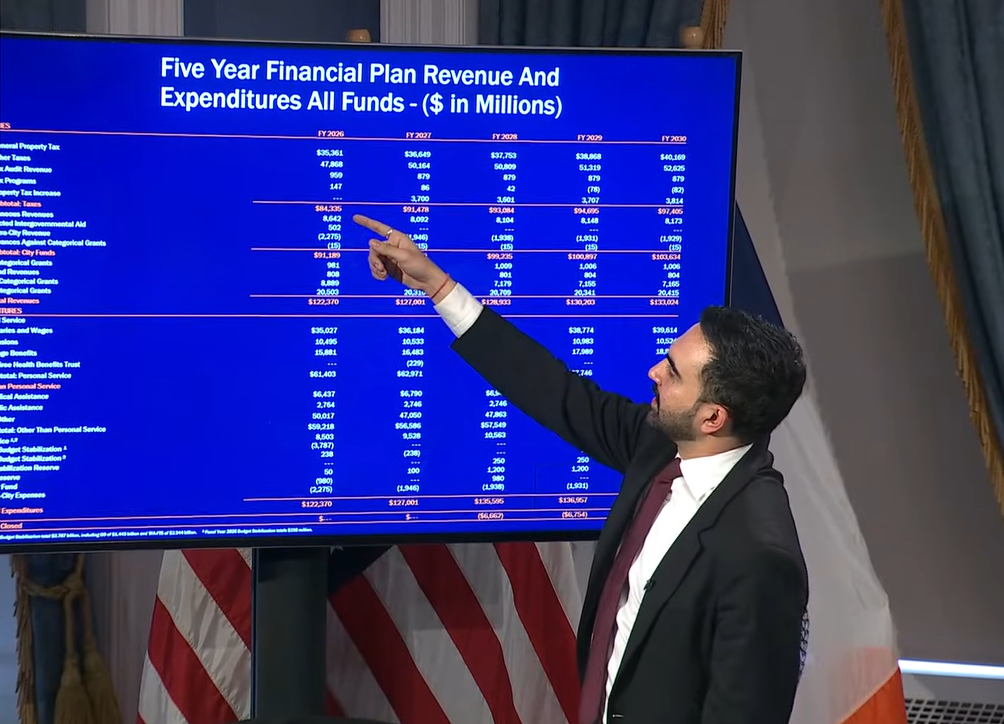By Ken Berry
The monumental Tax Cuts and Jobs Act—signed on December 22, 2017—featured a slew of provisions affecting individuals and business entities. Although there are exceptions, many of the provisions for individuals are scheduled to expire after 2025. Conversely, most changes for businesses are permanent, such as the flat 21% tax rate for corporations, but others are temporary. Keeping that in mind, following is a roundup of significant TCJA tax provisions that will soon be going off the books.
Marginal tax rates: The TCJA modified the seven marginal tax rates in the graduate income tax rate structure. Notably, it reduced the top income tax rate from 39.6% to 37%. The income ranges for each rate are adjusted annually for inflation. Barring any changes, the current rates will revert to the levels of 10%, 15%, 25%, 28%, 33%, 35% and 39.6% in 2026.
Standard deduction: Under the TCJA, the standard deduction was effectively doubled from $6,000 to $12,000 for single filers and $12,000 to $24,000 for joint filers. Plus, inflation indexing was added into the mix. The deduction for 2024 is $14,600 for single filers and $29,200 for joint filers. In 2026, the standard deduction will return to pre-TCJA levels.
Personal exemptions: Previously, you could claim a personal exemption for yourself, your spouse (if you were married) and each qualified dependent, such as a child or an elderly relative you support. For example, the personal exemption for 2018 would have been $4,150. But the TCJA suspended all personal exemptions for 2018 through 2025.
Itemized deductions: Under the so-called “Pease rule,” itemized deductions for high-income taxpayers above an AGI threshold were reduced by 3% of the excess (capped at no more than 80% of the deductions). For 2018, the threshold would have been $267,000 for single filers and $320,00 for joint filers. The TCJA suspended the Pease rule, but it is scheduled to return in 2026.
Child Tax Credit: The TCJA enhanced the Child Tax Credit (CTC) in several ways. This included an increase in the basic credit from $1,000 to $2,000 and adding a $500 credit for non-child dependents. Up to $1,400 of the $2,000 CTC was refundable. The rules are set to revert to the pre-TCJA structure in 2026 with a $1,000 credit. The extra credit will expire.
Moving expenses: Prior to the TCJA, you could deduct job-related moving expenses using a two-part test involving distance and time. However, the TCJA suspended this deduction, except for qualifying military personnel on active duty. Now the previous rules will be reinstated in 2026.
Charitable contributions: Itemizers can deduct charitable contributions within generous limits. Before the TCJA, the annual deduction for monetary gifts was limited to 50% of adjusted gross income (AGI). The TCJA increased the level to 60% of AGI, but in 2026 it is scheduled to return to the previous limit of 50% of AGI.
SALT expenses: In the past, state and local tax (SALT) payments were fully deductible. The TCJA capped the annual SALT deduction at $10,000 for the period spanning 2018 through 2025. Absent any further action by Congress, the $10,000 annual cap will be removed in 2026.
Alternative minimum tax: The alternative minimum (AMT) is a separate tax calculation that is paid only if the result exceeds regular income tax liability. Beginning in 2018, the TCJA substantially increased the AMT exemption amount and reduced the phase-out of the exemption for high-income taxpayers. These enhancements will disappear after 2025.
Mortgage interest: Generally beginning in 2018, the TCJA limited the amount of mortgage interest taxpayers could deduct to payment on the first $750,000 of acquisition debt, down from $1 million. It also suspended the deduction available on the first $100,000 of home equity debt. After 2025, the prior rules will be reinstated.
Casualty and theft losses: Under prior law, deductions were allowed for the annual total of casualty and theft losses exceeding 10% of AGI, after subtracting $100 per event. The TCJA limited the deduction to casualty losses sustained in a federally-declared disaster area and suspended all others. After 2025, the previous rules, including the 10%-of-AGI limit, will be reinstated.
Miscellaneous expenses: Previously, taxpayers that itemized were able to deduct certain miscellaneous expenses—including unreimbursed employee business expenses and income production expenses—above 2% of their AGI. This miscellaneous expense deduction was suspended from 2018 through 2025, but will be revived by the TCJA in 2026.
Moving expense reimbursements: A special tax code provision provided a tax exclusion for moving expense reimbursements provided by employers to employees. The TCJA suspended this fringe benefit, except for qualified military personnel, in 2018. It is now set to be in reinstated in 2026.
Qualified business income: The TCJA created a new 20% deduction based on qualified business income (QBI) to benefit owners of pass-through entities and self-employed individuals. It includes phase-outs and special rules for taxpayers in a “specified service trade or business”: (SBTS). Barring any further action by Congress, the QBI deduction will end after 2025.
Bonus depreciation: The TCJA essentially doubled the first-year “bonus depreciation” deduction from 50% to 100%. It also included a gradual phase-out of the deduction over a period of five years. For example, the allowable percentage for 2024 is 60%. Important: The phase-out is completed in 2026—not 2025—as things currently stand.
Employee leave credit: The TCJA authorized a new tax credit for wages paid to employees while on family or medical leave. The credit is generally equal to 12.5% of wages if an employee is paid 50% of normal wages while on leave, increasing to a maximum of 25% for higher payment amounts. This credit was initially supposed to expire in 2019, but subsequent legislation extended it through 2025.
Estate tax exemption: Finally, the TCJA boosted the estate tax exemption for each decedent from $5 million in 2017 to $10 million in 2018, with inflating indexing. The exemption for 2024 is an extremely generous 13.61 million. This amount is now scheduled to revert to $5 million, plus inflation indexing, in 2026.
What will Congress do?
At this point, there is no concrete answer. The nation’s lawmakers may allow these provisions to expire as written into the TCJA, extend them indefinitely, for a period of time or even permanently, or otherwise modify them. Obviously, the results of the national elections this November will be a major factor going forward. Keep an eye on the proceedings.
Thanks for reading CPA Practice Advisor!
Subscribe Already registered? Log In
Need more information? Read the FAQs





